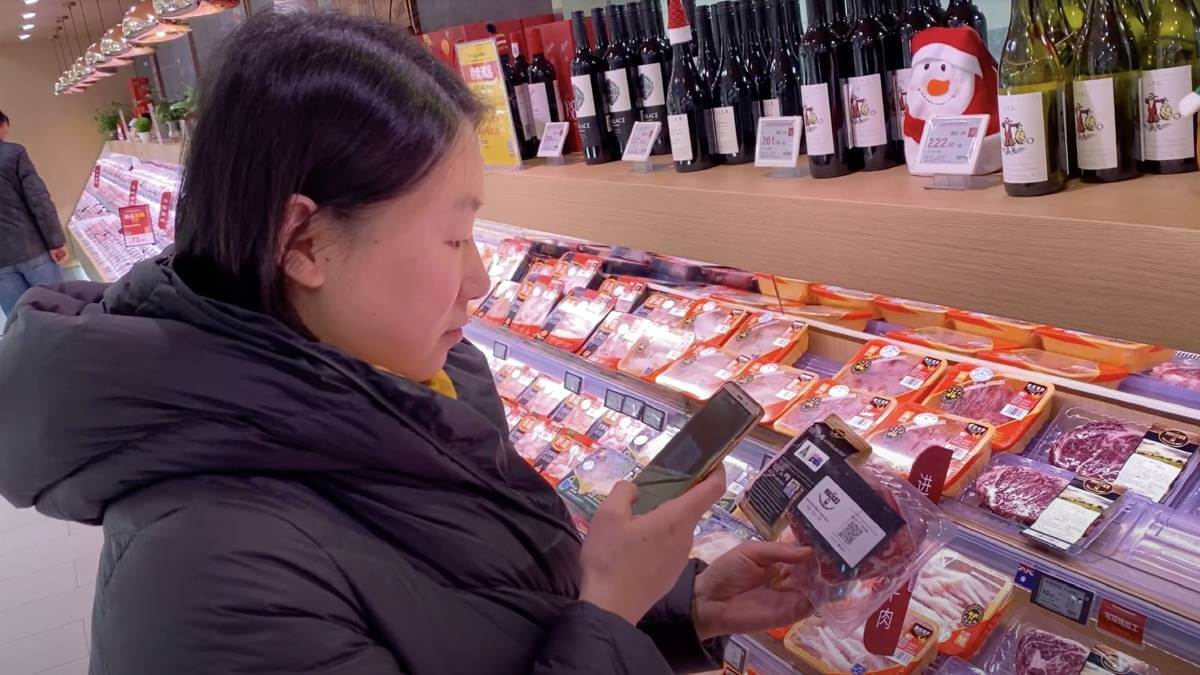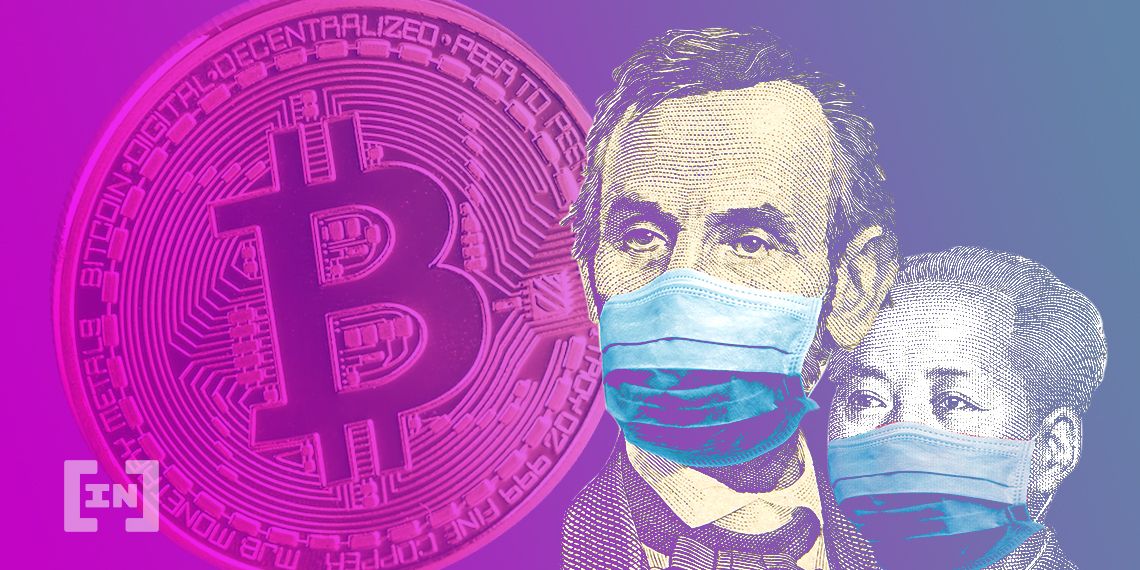
2020-5-7 10:00 |
Australian beef is world-renowned in culinary circles as high-quality, sought-after meat. But as exports are threatened with health risks and pandemic concerns, one firm thinks pivoting to blockchain technology is the answer.
This week, a successful export trial further cemented the potential of distributed ledger technology as an industry changer.
Australian beef gets the blockchain treatmentIn the small Australian town of Riverdale, a local company Aglive is working with the government and positioning blockchain technology to ensure the longevity of a major industry and creation of a traceability-focussed application.
The firm’s “Austracker” product was jointly developed with Meat and Livestock Australia (MLA) and utilizes blockchain and IoT to track “paddock-to-plate” beef exports. Aglive claims to be the world’s first firm to use a public blockchain for the global beef market.
For the trial, Aglive tracked beef from a rural farm on land transport to Brisbane, Australia, followed by shipping and final delivery in Shanghai, China. The product was tagged and updated on each checkpoint, with relevant data available to each stakeholder throughout all stages.
(Source – Farmweekly)Farmweekly Australia quoted Aglive director Paul Ryan:
“We are now living in a world where food fraud and related health risks are becoming a growing problem (…), so we must work together to restore consumer trust.”
Restoring trust in global marketsA local farmer stated the country’s agriculture sector suffers decreased trust after January’s devastative bushfires and the subsequent pandemic. But supply chain efforts running on blockchain technology — such as Aglive — help confirm a product’s authenticity and provide “reassurance” to consumers.
Logistics firm DB Schenker provided supply chain support for the trial. CEO Craig Dawson believes the success marks an important juncture for Australia’s beef industry, adding the project signals transparency, efficiency, and profitability in the future.
Aglive’s next step is bringing similar solutions to beef markets in Brazil, Canada, Uruguay, and the European Union.
The use of blockchain technology was touted by many in 2017 as a solution for all problems. While the multi-year bear market and the death of thousands of ICOs proved otherwise, the ongoing pandemic serves as a perfect litmus test for widespread blockchain use.
Traceability, currently for disease carriers, is becoming a huge feature of 2020. In such scenarios, blockchain’s capabilities can perhaps be highlighted by major players and even thrive.
Australia has been welcoming to the use of blockchain and cryptocurrency in their existing system. CryptoSlate previously reported on the country’s extensive test and trials utilizing the protocols in trade finance, public auctions, and tokenized real estate shares among other projects.
The post In a post-COVID world, Australia turns to blockchain for protecting $7 billion beef export industry appeared first on CryptoSlate.
origin »Bitcoin price in Telegram @btc_price_every_hour
High Performance Blockchain (HPB) íà Currencies.ru
|
|









